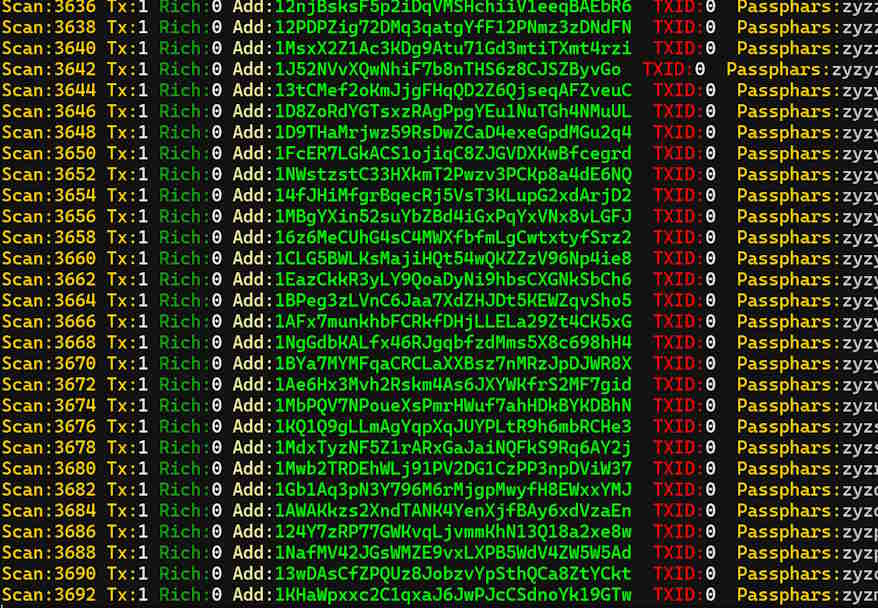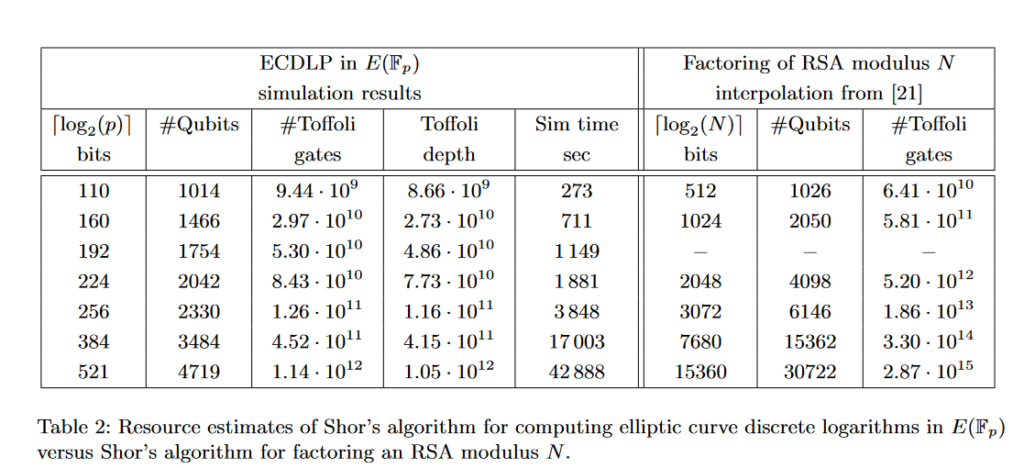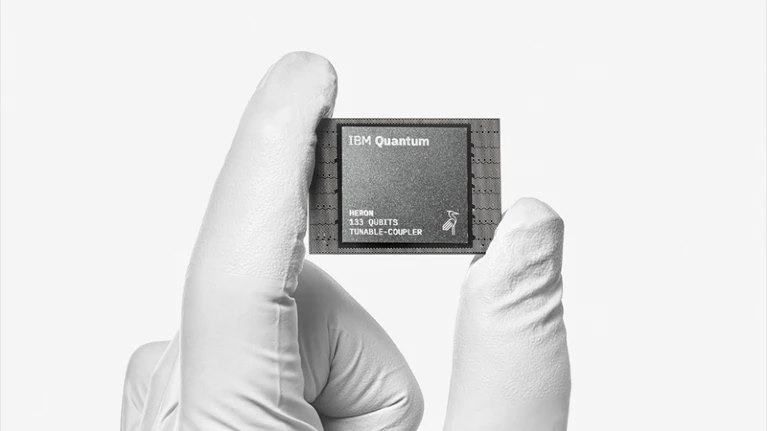A quantum computer is a different type of computing machine that uses the principles of quantum mechanics to perform computing calculations. Unlike classical computers that use binary bits (Zeros and Ones), quantum computers use quantum bits or “Qubits”.
Qubits are the basic units of information in a quantum computer. They can exist not only in the classical states of Zeros and Ones, but also in a quantum superposition of both states at the same time due to the quantum mechanical principle of superposition. This feature gives Qubits the ability to calculate and process more information compared to classical bits.

This raises a question: When Will Quantum Computers Break Bitcoin Private Keys?
It’s difficult to provide a precise estimate for how long it would take a quantum computer to crack a Bitcoin private key. The time required would depend on several factors, including:
- The number of Qubits and error rates of the quantum computer being used. More Qubits and lower error rates would speed up the cracking process.
- The specific quantum algorithm employed, such as Shor’s algorithm or alternatives. Different algorithms have varying time complexities.
- The key length of the Bitcoin private key. Standard Bitcoin uses elliptic curve cryptography with 256-bit private keys.
That said, researchers have made some theoretical estimates. A 2017 study by the Quantum Computing Report estimated that a quantum computer with 4 million error-corrected Qubits could potentially crack a 256-bit elliptic curve private key in about 8 hours.

However, building a quantum computer of that scale is a technological challenge that not yet achieved. Currently, the largest quantum computers have just a few hundred Qubits with high error rates.

In 2023, IBM set a world record with a 1121-qubit quantum chip named IBM Condor, technology experts believe it will likely take 10-20 years of continued quantum computing advances before developing machines powerful enough that can produce enough computing power to break 256-bit Bitcoin private key in a reasonable time.

So while quantum computers will eventually break the current Bitcoin cryptography, it’s a threat that may still be years or decades away. For the time-being, Bitcoin cryptography is still secure and the Bitcoin community is already looking at quantum-resistant cryptographic algorithms to migrate to when required.















